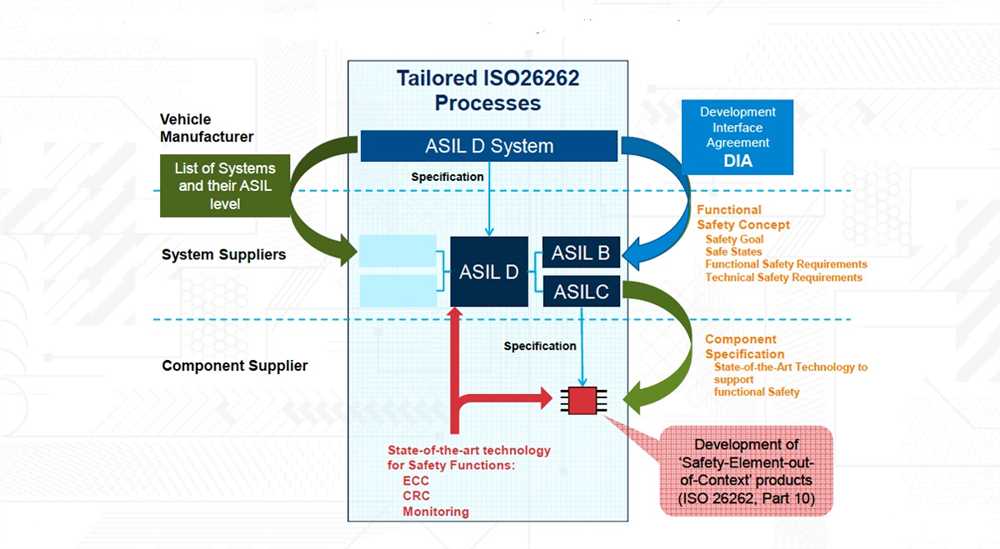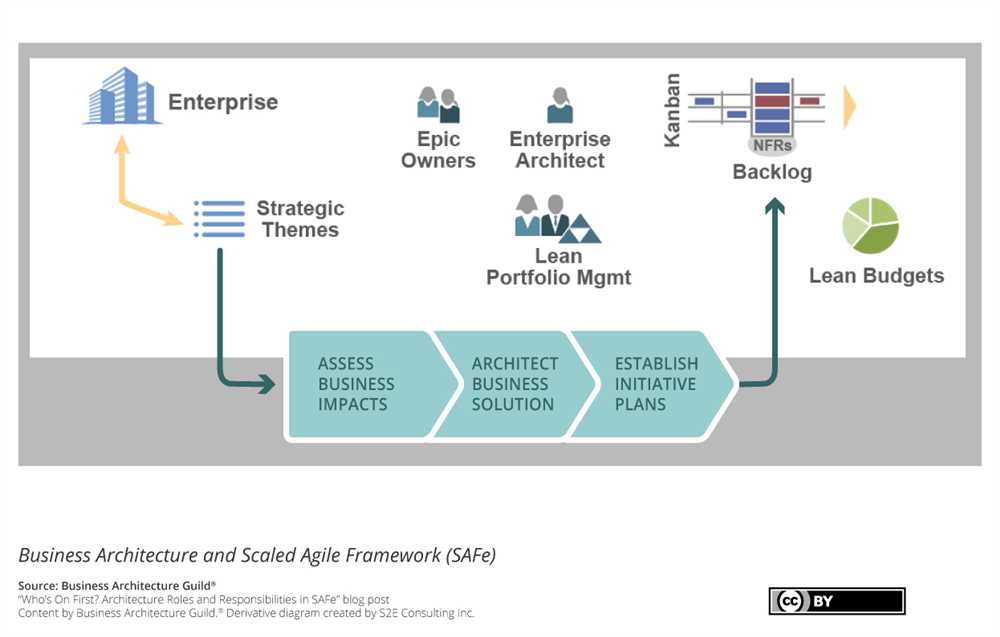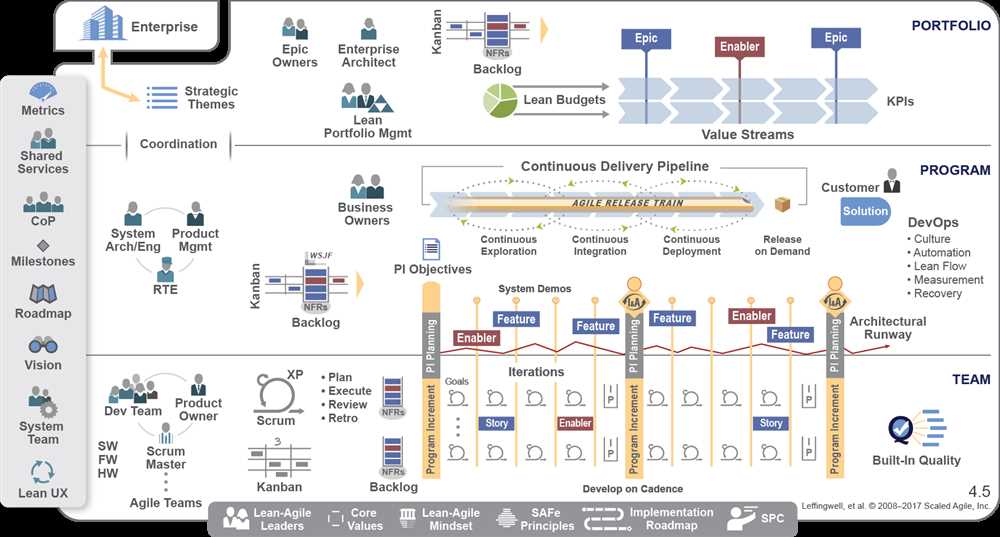
Architects play a crucial role in designing and creating functional and aesthetically pleasing structures. To become a certified architect, one must pass a series of exams that test their knowledge and skills in various areas of architecture. As the exams can be challenging, many aspiring architects turn to exam dumps as a study aid.
Exam dumps are collections of questions and answers that are typically obtained from previous exams. They can be incredibly tempting for those looking for an easy way to pass their architecture exams. However, it is important to consider the risks and drawbacks of using exam dumps.
While exam dumps might seem like a shortcut to success, relying on them can have serious consequences. For one, using exam dumps undermines the integrity of the certification process. Architects are entrusted with the responsibility of creating safe and functional structures, and their expertise and knowledge should be properly verified through rigorous exams.
Furthermore, many exam dumps are considered illegal and unethical. They often violate copyright laws by reproducing copyrighted material without permission. By using exam dumps, individuals are not only cheating themselves but also supporting a practice that is harmful to the architectural profession as a whole.
Instead of resorting to exam dumps, aspiring architects should focus on comprehensive and legitimate study materials that provide a solid foundation of knowledge. This includes textbooks, online courses, and practical experience. By investing time and effort into genuine learning, aspiring architects can ensure that they have the knowledge and skills necessary to excel in their profession and create safe and functional structures.
The Importance of Architect Certification Exams
Architect certification exams have become an important aspect of the professional development and authentication process for architects. These exams validate an individual’s skills, knowledge, and expertise in the field of architecture, ensuring that they meet the industry standards and requirements.
One of the key reasons why architect certification exams hold significance is that they provide a standardized measure of competence. In order to pass these exams, architects need to demonstrate their understanding of various architectural concepts, design principles, construction techniques, and industry regulations. This ensures that certified architects possess the necessary skills and knowledge to handle complex architectural projects and deliver high-quality designs.
Architect certification exams also play a crucial role in promoting ethical and professional behavior within the architecture profession. These exams often include sections on professional ethics, legal considerations, and codes of conduct. By passing these exams, architects demonstrate their commitment to upholding these standards, which helps to build trust and confidence among clients and the general public.
Furthermore, architect certification exams serve as a way for architects to differentiate themselves in a competitive job market. In today’s rapidly evolving architectural industry, employers are increasingly looking for candidates who possess specialized knowledge and skills. By obtaining certifications, architects can showcase their expertise in specific areas such as green building design, historic preservation, or sustainable architecture, making them more attractive to potential employers or clients.
To sum up, architect certification exams are crucial for architects to validate their skills, demonstrate their commitment to professional ethics, and differentiate themselves in a competitive job market. These exams provide a standardized measure of competence and ensure that certified architects meet the industry standards and requirements.
Why Architects Seek Certification
Architects are professionals in the field of designing and constructing buildings, ensuring that they are safe, functional, and aesthetically pleasing. To demonstrate their expertise and enhance their professional credibility, many architects seek certification from recognized organizations and institutions.
1. Validation of Skills and Knowledge: Certification programs assess an architect’s knowledge, skills, and experience in various aspects of architecture, such as design principles, building codes, construction materials, and sustainable practices. By obtaining certification, architects demonstrate their proficiency in these areas, providing assurance to clients and employers.
2. Competitive Advantage: In the field of architecture, certification can provide a competitive edge over non-certified professionals. It allows architects to stand out from the crowd and showcase their commitment to excellence and continuous professional development. Certified architects are often preferred by clients and employers, as they are seen as more reliable and trustworthy.
3. Career Advancement: Certification can open doors to higher-level positions and career opportunities for architects. It can qualify them for specialized roles, such as project management, sustainable design, or historic preservation. Many organizations and government agencies also require certification as a prerequisite for certain architecture-related jobs.
4. Networking and Professional Connections: Certification programs often provide architects with opportunities to connect with industry peers and experts. They offer networking events, conferences, and online communities where architects can exchange knowledge, collaborate on projects, and stay updated with the latest trends and advancements in the field.
5. Continuing Education and Skill Enhancement: Maintaining certification often requires architects to engage in continuing education and professional development activities. This enables them to stay updated with evolving industry standards, new technologies, and emerging design practices. By continuously enhancing their skills and knowledge, certified architects can deliver better outcomes for their clients and contribute to the advancement of the profession.
In conclusion, architects seek certification to validate their skills and knowledge, gain a competitive advantage, advance their careers, build professional connections, and continuously improve their expertise. Certification serves as a testament to an architect’s commitment to excellence and professionalism, enhancing their credibility and trustworthiness in the field of architecture.
Understanding the Risks of Using Exam Dumps
Exam dumps are becoming increasingly popular among individuals who are preparing for professional certification exams, including architects. These dumps consist of a collection of previous exam questions and answers, which are often shared and sold online. While using exam dumps may seem like a convenient way to ensure success on the exam, it is important to understand the risks involved.
1. Lack of real knowledge: One of the biggest risks of relying on exam dumps is that it hinders the development of real knowledge and understanding of the subject matter. Memorizing answers without understanding the underlying concepts and principles can lead to an inadequate grasp of the material. This can be detrimental in the long run, as architects need a solid foundation of knowledge to excel in their profession.
2. Outdated or inaccurate information: Exam dumps often contain outdated or inaccurate information. Certification exams are regularly updated to reflect the latest industry standards and practices. By relying on exam dumps, individuals may be studying incorrect information that is no longer relevant. This can result in failure on the exam and a waste of time and effort.
3. Violation of ethical standards: Using exam dumps can be considered a violation of ethical standards set by certification bodies. These bodies require candidates to demonstrate their knowledge and skills through independent study and practical experience. By using exam dumps, candidates undermine the integrity of the certification process and devalue the credentials earned by those who have put in the necessary effort.
4. Legal consequences: In some cases, the use and distribution of exam dumps may be illegal. Certification bodies often have strict policies against the use of unauthorized materials, and individuals found to be using or distributing exam dumps may face legal consequences, including the revocation of their certification or legal action.
Conclusion: While exam dumps may offer a shortcut to passing certification exams, the risks involved far outweigh the potential benefits. Building a solid base of knowledge and understanding through independent study and practical experience is the best way to ensure success on exams and in a professional architectural career.
What Are Exam Dumps?

Exam dumps are a collection of questions and answers that are often shared online as study materials for various certification exams. They are created by individuals who have already taken the exam and want to help others prepare for it. Exam dumps are typically in the form of PDF files or can be found in online forums or websites.
The purpose of exam dumps is to provide test-takers with an idea of the type of questions they may encounter in the actual exam. They are often used as a source of quick review and can be helpful for those who want to assess their knowledge and readiness before sitting for the real exam.
However, it is important to note that using exam dumps can have ethical implications and may violate exam policies. While they may provide some insights into the exam content, relying solely on exam dumps for exam preparation is not recommended. It is crucial to study the official study materials and resources provided by the certification body to ensure a thorough understanding of the subject matter.
Additionally, some certifications explicitly prohibit the use of exam dumps and consider it a form of cheating. Violating these policies can result in severe consequences, such as disqualification from the exam or even revocation of the certification. Therefore, it is essential to approach exam preparation with integrity and adhere to the guidelines set by the certification authority.
In conclusion, exam dumps can serve as supplementary study materials, but they should not be relied upon as the sole resource for exam preparation. It is crucial to use them responsibly and in conjunction with official study materials to ensure a comprehensive understanding of the subject matter and to avoid any violation of exam policies.
The Risks of Using Exam Dumps
Exam dumps are a popular resource for individuals seeking to quickly and easily prepare for certification exams. These dumps consist of questions and answers that are purportedly taken directly from previous exams. However, while they may seem like a convenient shortcut, using exam dumps can carry significant risks and drawbacks.
1. Invalid and Outdated Content: One of the main risks of relying on exam dumps is that the content may be invalid or outdated. Certification exams are regularly updated to reflect changes in industry standards and best practices. By using exam dumps, test takers run the risk of studying incorrect or irrelevant information, which can lead to a lack of preparedness and lower exam scores.
2. Lack of Understanding and Learning: Memorizing answers from exam dumps may help test takers pass the exam, but it does not guarantee a deep understanding of the subject matter. Certification exams are designed to assess knowledge and proficiency, not just rote memorization. By using exam dumps, individuals miss out on the opportunity to truly learn and understand the material, which can limit their ability to apply the knowledge in practical scenarios.
3. Ethical Considerations: Using exam dumps can raise ethical concerns, as it involves accessing and using copyrighted materials without permission. It also undermines the integrity of the certification process by allowing individuals to cheat their way to a passing score. This not only devalues the certification but also diminishes the credibility of those who have earned it through legitimate means.
4. Legal Consequences: In some cases, the use of exam dumps can have legal consequences. Sharing or distributing copyrighted materials without authorization can result in legal action, including fines and penalties. Additionally, if an individual is caught using exam dumps during a certification exam, their certification may be revoked, and they may be banned from taking future exams.
In conclusion, while exam dumps may seem like a convenient way to prepare for certification exams, their use carries numerous risks and drawbacks. It is essential for individuals to prioritize ethical and legitimate study methods to ensure a thorough understanding of the subject matter and maintain the integrity of the certification process.
Safe Alternatives for Preparing for Architect Exams

When it comes to preparing for architect exams, it is important to choose safe and reliable alternatives that will ensure success without compromising integrity. While some may consider using exam dumps or cheat sheets, these methods not only undermine the credibility of the certification process but also jeopardize professional reputation. Instead, architects should focus on legitimate resources and study techniques to enhance their understanding and knowledge.
1. Official Study Materials: The best way to prepare for architect exams is to utilize official study materials provided by recognized certification bodies. These materials are designed to cover the exam content comprehensively and accurately. They often include textbooks, practice tests, and online resources that align with the exam objectives. By relying on official study materials, architects can ensure that their preparation is aligned with the required knowledge and skills.
2. Architectural Practice: Another safe alternative for preparing for architect exams is gaining real-life experience through architectural practice. Working on various projects and collaborating with industry professionals allows architects to develop a practical understanding of concepts and principles. This hands-on experience not only strengthens their knowledge but also enhances problem-solving skills, which are crucial for passing the exams.
3. Study Groups and Mentorship: Joining study groups or seeking mentorship from experienced architects can provide valuable insights and guidance for exam preparation. Engaging in discussions, sharing knowledge, and seeking clarification on complex topics can significantly enhance learning. Group study sessions can also help architects identify knowledge gaps and reinforce their understanding through peer interaction.
4. Practice Exams: Taking practice exams is an effective way to assess knowledge and identify areas that need improvement. Many reputable online platforms offer practice exams that simulate the actual testing environment. By consistently practicing with these exams, architects can familiarize themselves with the format, time constraints, and question types, ultimately increasing their chances of passing the architect exams.
5. Continuing Education: Continuous learning and professional development play a crucial role in architect exams preparation. Engaging in relevant courses, attending workshops, and participating in industry conferences can expand knowledge and keep architects updated with the latest developments. Additionally, participation in continuing education programs often provides architects with additional study materials and resources to aid in exam preparation.
In conclusion, architects should prioritize safe alternatives for preparing for exams that uphold the integrity of the certification process. By utilizing official study materials, gaining practical experience, participating in study groups, taking practice exams, and continuing their education, architects can enhance their knowledge and skills, ensuring a successful outcome in architect exams.